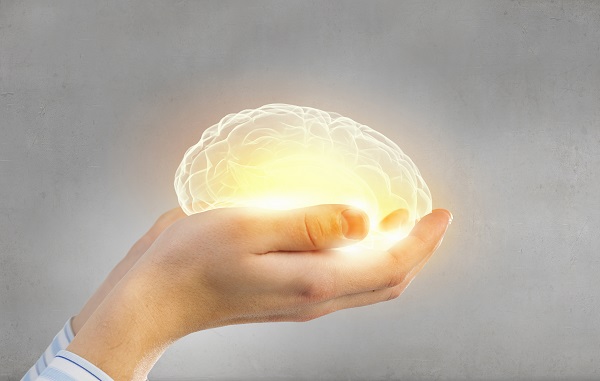When a Psychiatric Evaluation for TMS Is Recommended

Psychiatric evaluation for TMS is typically recommended when a person has treatment-resistant mental health issues. Transcranial magnetic stimulation involves neurostimulation using magnetic pulses. These pulses can help to increase or decrease activity in parts of the brain.
A psychiatrist might also recommend psychiatric evaluation for TMS to patients who suffer severe side effects from taking antidepressants. Side effects of antidepressants include low libido, stomach aches, and irregular heartbeats. For some people, these side effects can be overwhelming to the point that they are forced to stop taking antidepressants. TMS therapy is an effective standalone treatment for mental health disorders like depression, anxiety, and obsessive-compulsive disorder. It can also be combined with medication.
Figuring out if you need psychiatric evaluation for TMS
Transcranial magnetic stimulation is performed using a magnetic coil to send magnetic pulses into a patient’s brain. The procedure is painless, negating the need for anesthetics or sedatives. It is performed as an outpatient procedure, and patients can usually return to their normal activities like driving after.
Sending magnetic pulses into the brain helps to activate or deactivate specific regions of the brain. It leads to the production of neurotransmitters used by neurons to create new pathways and communicate with each other.
Altering the behavior of neurons requires precision and care. Patients have to be carefully evaluated to determine if TMS therapy is right for them. TMS psychiatric evaluation is recommended when:
1. A patient does not experience positive results after starting psychotherapy and medication
The standard first line of defense against mental health disorders is talk therapy and medication. It is the most conservative approach, and it leads to positive results for most patients. Psychiatrists can adjust the dosage and composition of medication to reach a balance that gives their patients optimal results.
Patients prescribed psychotropic drugs are typically monitored to gauge the effectiveness of the treatments and make adjustments as needed. However, about a third of people on antidepressants do not report a noticeable reduction in their symptoms. Patients diagnosed with severe depression are most likely not to experience positive results with antidepressants. TMS therapy is typically recommended for such patients.
2. A patient’s primary mental health provider recommends TMS therapy
A psychiatrist is qualified to perform physical and psychiatric assessments to screen patients for transcranial magnetic stimulation. They can change the treatment plans of patients with treatment-resistant mental health issues. They might opt to replace medication with TMS therapy or combine both treatments.
3. A teenager has a treatment-resistant mood disorder
TMS therapy can be safely performed on teenagers with mood disorders. The treatment is typically more effective on younger patients since their brains adapt to changes faster. Every patient still needs to be evaluated individually to determine if transcranial magnetic stimulation is right for them.
Get evaluated for TMS therapy
Transcranial magnetic stimulation can provide relief from mood disorders even after medication has failed. Call or visit us at our New York location to set up an appointment with our psychiatrist.
Request an appointment here: https://www.hopetmsofny.com or call Hope TMS and Neuropsychiatric Center at (646) 578-8152 for an appointment in our New York office.
Check out what others are saying about our services on Yelp: Psychiatric Evaluation For TMS in New York, NY.
Recent Posts
Although often overlooked, mental health is just as important as physical health. Whether you have a mental disorder or are going through a difficult time due to external factors, a psychiatrist can provide professional help. You can also follow several self-care tips outside of treatment to help make your mental health journey easier.Self-care is crucial…
The longer you smoke, the more impossible smoking cessation seems. This is due to the powerful hold that nicotine, a substance in tobacco, has on the brain. Trying to quit on your own may be dangerous for some due to the withdrawal symptoms. Fortunately, we offer a variety of ways to help you kick the…
Any psychiatrist will tell you that eating disorders are serious and, in some cases, fatal illnesses. Eating disorders are often linked with severe disturbances in people’s eating behaviors as well as related emotions and thoughts. Preoccupation with body weight, food and shape usually also signal an eating disorder. The three main types of eating disorders…
Curious about what can help your ADHD treatment work better? Read on to learn more. ADHD is a common neurodevelopmental disorder that affects millions of people worldwide. ADHD treatment options include medication and therapy. However, positive lifestyle changes can also significantly improve the symptoms and quality of life. This article covers different lifestyle changes that…


